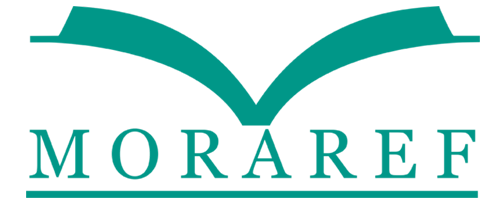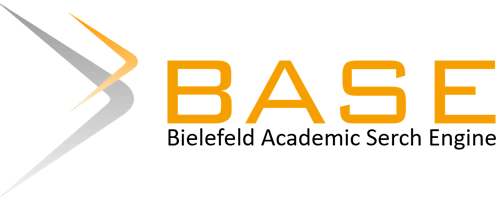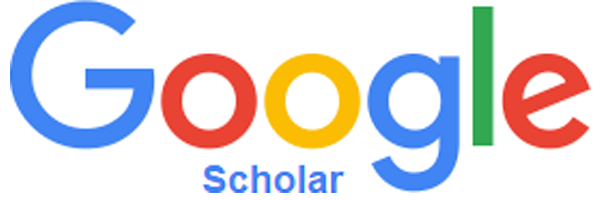PENERAPAN KONSEP KONSTRUKTIFISME PADA SISTEM E-LEARNING YANG MENGGUNAKAN PEMBELAJARAN KOLABORATIF
Abstract
Pembelajaran kolaboratif dengan sistem eLearning disebut juga pembelajaran kolaboratif berbantuan komputer atau Computer-Supported Collaborative Learning (CSCL). Sistem ini bertujuan sebagai wadah untuk mendukung suatu kelompok pelajar dalam belajar bersama secara efektif dengan cara berbagi informasi dan mendiskusikan masalah yang diberikan. Konsep konstruktifisme dapat diterapkan dalam sistem ini dengan memberikan perlakuan (treatment) topik yang sesuai kemudian dilakukan Pre test untuk mengukur pengetahuan awal (prior knowledge) pelajar dan Post test untuk mengukur tingkat pencapaian hasil belajar. Pengujian dilakukan di Jurusan Teknik Informatika AMIKOM Mataram untuk topik Software Requirement pada perkuliahan Rekayasa Perangkat Lunak. Hasil pengujian pada 30 mahasiswa didapatkan nilai rata-rata Pre test sebesar 4,68 dan nilai rata-rata Post test sebesar 8,12. Hasil evaluasi sistem dengan Kuesioner Pemakaian (Usability Questionnaire) menyatakan sebagian besar pengguna SCK setuju adanya sistem ini dengan rata-rata yang setuju sebesar 84,42%. Dan hasil uji reliabilitas instrumen Kuesioner Pemakaian didapatkan koefisien reliabilitas (Cronbach) sebesar 0,57.
Kata kunci: pembelajaran kolaboratif, konstruktifisme, CSCL, eLearning, usability questionnaire, cronbach.
Abstract
Collaborative learning with eLearning system called as Computer-Supported Collaborative Learning (CSCL). The system is intended as a forum to support a group of students in learning together effectively by sharing information and discussing the problems given. The concept of constructivism can be applied in these systems by providing treatment appropriate topic then performed Pre test to measure prior knowledge of the students and Post test to measure student achievement of learning outcomes levels. Tests conducted at Department of Informatics Engineering, AMIKOM Mataram to the topic Software Requirements on Software Engineering lectures. The results of testing on 30 students obtained an average value of Pretest 4.68 and average value of post test 8.12. The results of the evaluation system with the use of questionnaires (Usability Questionnaire) said most users agree of the use of SCK systems with the agreed average 84.42%. And reliability test results obtained on Usage Questionnaire instrument reliability coefficient (Cronbach) of 0.57.
Key words: Collaborative learning, constructivism, CSCL, eLearning, usability questionnaire, cronbach.
Full Text:
PDFReferences
Sudarman, 2008, Penerapan Metode Collaborative Learning untuk Meningkatkan Materi Mata Kuliah Metodologi Penelitian, Jurnal Pendidikan Inovatif, Vol. 3 No.2, hal 94-100.
Wu Junqi, et. al., 2009, Design of Collaborative
Learning in Cyber-schools, First International Workshop on Database Technology and Applications, 978-0-7695-3604-0/09, pp.703-706.
Xinyu D., Li Min, 2008, Design of Computer Supported Collaborative Learning System Based on Learning Contract, International Conference on Computer and Electrical Engineering, IEEE Computer Society 978-0-7695-3504-3/08, pp.181-184.
Zhao R. et. al., 2009, A Framework for Collaborative Learning System Based on Knowledge Management, First International Workshop on Education Technology and Computer Science, IEEE Computer Society, pp. 733-736.
Lan Yu-Feng, et. al., 2009, Designing an Efficient Collaborative Learning Model to Construct a Consensus Based on Binary Tree Structure, Fifth International Joint Conference on INC, IMS and IDC, 978-0-7695-3769-6/09, pp.182-187.
Melissa, C., 2009, Using Wiki technology to support student engagement: Lessons from the trenches, Computers & Education.
Azuar J, 2010, Uji Reliabilitas Instumen Penelitian dengan Cronbach Alpha (Manual), http://www.azuarjuliandi.com, diakses 23 Juni 2011.
DOI
https://doi.org/10.21107/rekayasa.v4i2.2334Metrics
Refbacks
- There are currently no refbacks.
Copyright (c) 2016 Luh Putu Ary Sri Tjahyanti, Daniel Oranova Siahaan, Sarwosri Sarwosri

This work is licensed under a Creative Commons Attribution-ShareAlike 4.0 International License.
























